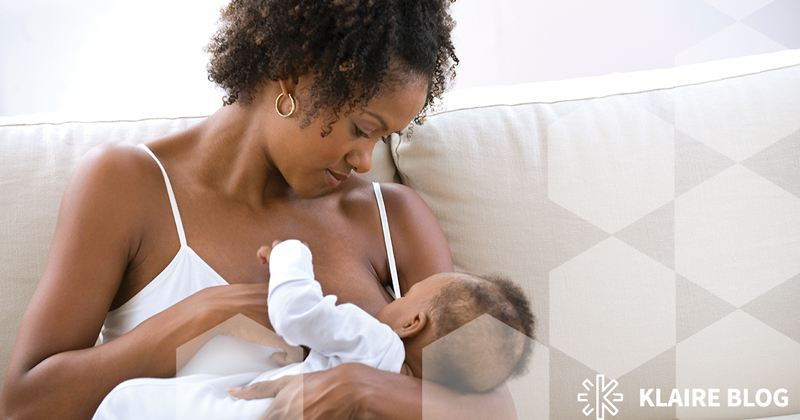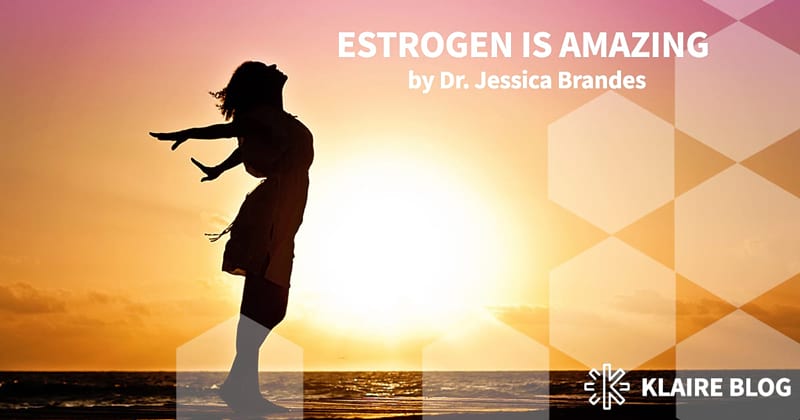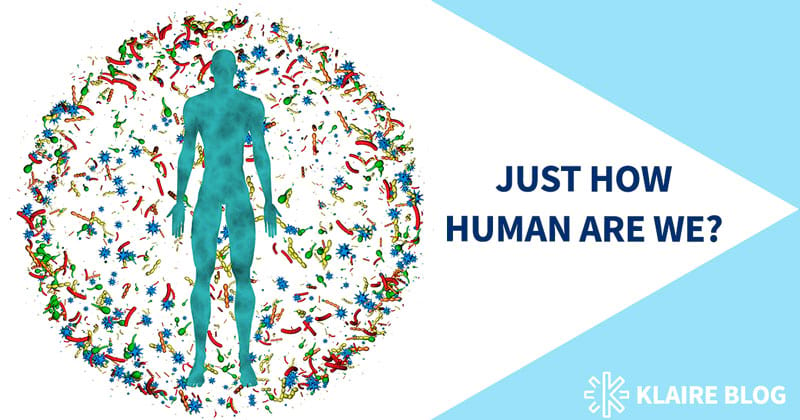Probiotics and Lactation: Supporting the Microbiome

Lactation Challenges
Mammary dysbiosis and discomfort is a common postpartum complaint affecting up to 33% of women.1 Women who have received antibiotics in the last trimester and peripartum have a 25-fold increased risk.1
The efficacy of conventional approaches is disputed,3 and they can also disrupt the health and function of the microbiome. One study demonstrated that the fecal microbiota returned to 88% of baseline 30 days after cessation of conventional therapy.4
Infant Immune Health Depends on a Healthy Microbiome
It was previously thought the gestating fetus was residing in a sterile environment, but newer research suggests that an infant’s microbiome begins developing during gestation through exchange of microbes with the mother.5
Breastfeeding introduces another route of colonization, as mother's milk contains probiotic properties.7,8
Benefits of Probiotic Supplementation
Probiotic supplementation has been shown to support the developing infant microbiome and successful lactation.
Related Posts


